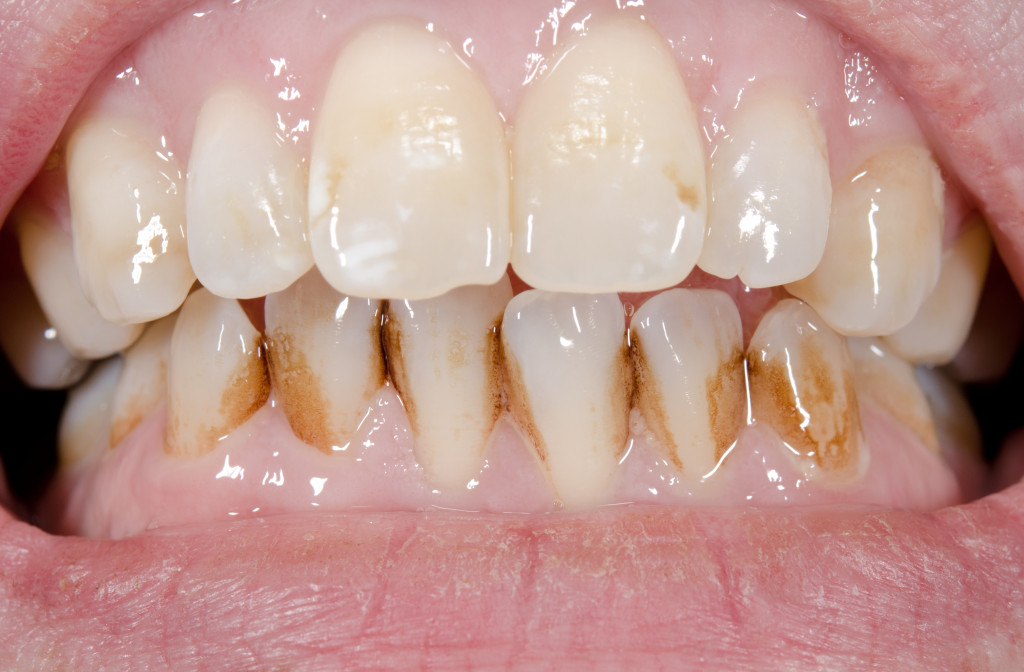As with any addiction, quitting tobacco can be difficult. You may have tried to quit in the past and been unsuccessful. But it’s important to remember that you can overcome this addiction. Quitting tobacco is a process, and it often takes multiple attempts to finally break the habit. However, you’re one step closer to success each time you try. There are many resources available to help you quit, including counseling, support groups, and medication.
And although the process may be difficult, you should always remind yourself that smoking can cause various adverse effects on your health. But what exactly are the risks involved with smoking? What are the specific negative impacts of tobacco use on your health? Here are a few:
Smoking causes lung cancer
You may have heard that smoking causes lung cancer, but you may not know exactly how the two things are connected. When you smoke, you inhale thousands of chemicals into your lungs. These chemicals damage the cells that line the lungs, making it easier for cancer to develop.
The risk of developing lung cancer is much higher in smokers than in nonsmokers; the more cigarettes you smoke, the greater the risk. Quitting smoking is the best way to reduce your risk of developing lung cancer.
Smoking can lead to heart attack or stroke
Smoking is one of the leading causes of heart attack and stroke. In fact, smokers are two to four times more likely to have a heart attack than nonsmokers. And smokers are also four times more likely to have a stroke. The chemicals in cigarettes damage your blood vessels and make it harder for your heart to pump blood. This can lead to a heart attack or stroke. Quitting smoking is the best way to reduce your risk of having a heart attack or stroke.
Smoking causes breathing problems
Smoking damages your lungs and increases your risk of developing a host of other respiratory problems. When you smoke, the chemicals in tobacco smoke damage the cells that line your air passages. This damage makes it harder for your airways to clear mucus and other irritants. As a result, you’re more likely to develop coughing, wheezing, and shortness of breath. In addition, smoking damages the tiny hairs (called cilia) that line your air passages and help to remove mucus from your lungs. Over time, this damage can lead to chronic bronchitis, emphysema, and other serious lung diseases.
Smoking accelerates aging
Smoking not only causes wrinkles but also accelerates aging in several other ways. For example, smokers are more likely to develop cataracts and age-related macular degeneration. They are also at increased risk for osteoporosis and experience more bone loss than nonsmokers. In addition, smoking damages skin elasticity and collagen, making skin more likely to sag and wrinkle prematurely. And finally, smokers are more likely to develop wrinkles around the mouth due to the repeated pursing of lips while smoking. So if you want to keep your skin looking young and healthy, it’s best to avoid cigarettes altogether.
Smoking discolors your teeth and causes other oral issues

Smoking can discolor your teeth. When your teeth are yellow or stained, it can make you feel self-conscious and uncomfortable in social situations. It can also make you less likely to smile, making you appear unfriendly or unapproachable. In addition, discolored teeth can give the impression that you don’t take care of yourself, making others less likely to want to interact with you.
If your teeth are discolored because of smoking, visit a dentist as they can help whiten your teeth by removing the stains. They can also advise you on how to avoid future staining. With whiter teeth, you will be able to feel confident about your smile again.
Besides that, smoking can also cause gum disease, tooth decay, and even mouth cancer. Smoke from cigarettes contains hundreds of chemicals that are toxic to your oral tissue. These chemicals damage the tissues in your mouth, making them more susceptible to infection. In addition, the act of smoking itself can irritate your gums and increase your risk of developing gum disease.
If you’re a smoker, it’s essential to take steps to protect your oral health. This includes brushing and flossing regularly, quitting smoking, and visiting your dentist regularly for checkups and cleanings. Taking these precautions can help reduce the harmful impact smoking has on your oral health.
Final thoughts
The list of adverse health effects caused by smoking cigarettes is long and distressing. Tobacco use is responsible for thousands of deaths yearly, yet people continue to smoke despite knowing the risks involved. If you currently smoke cigarettes, quit for the sake of your health. Your body will thank you for it in the long run.
